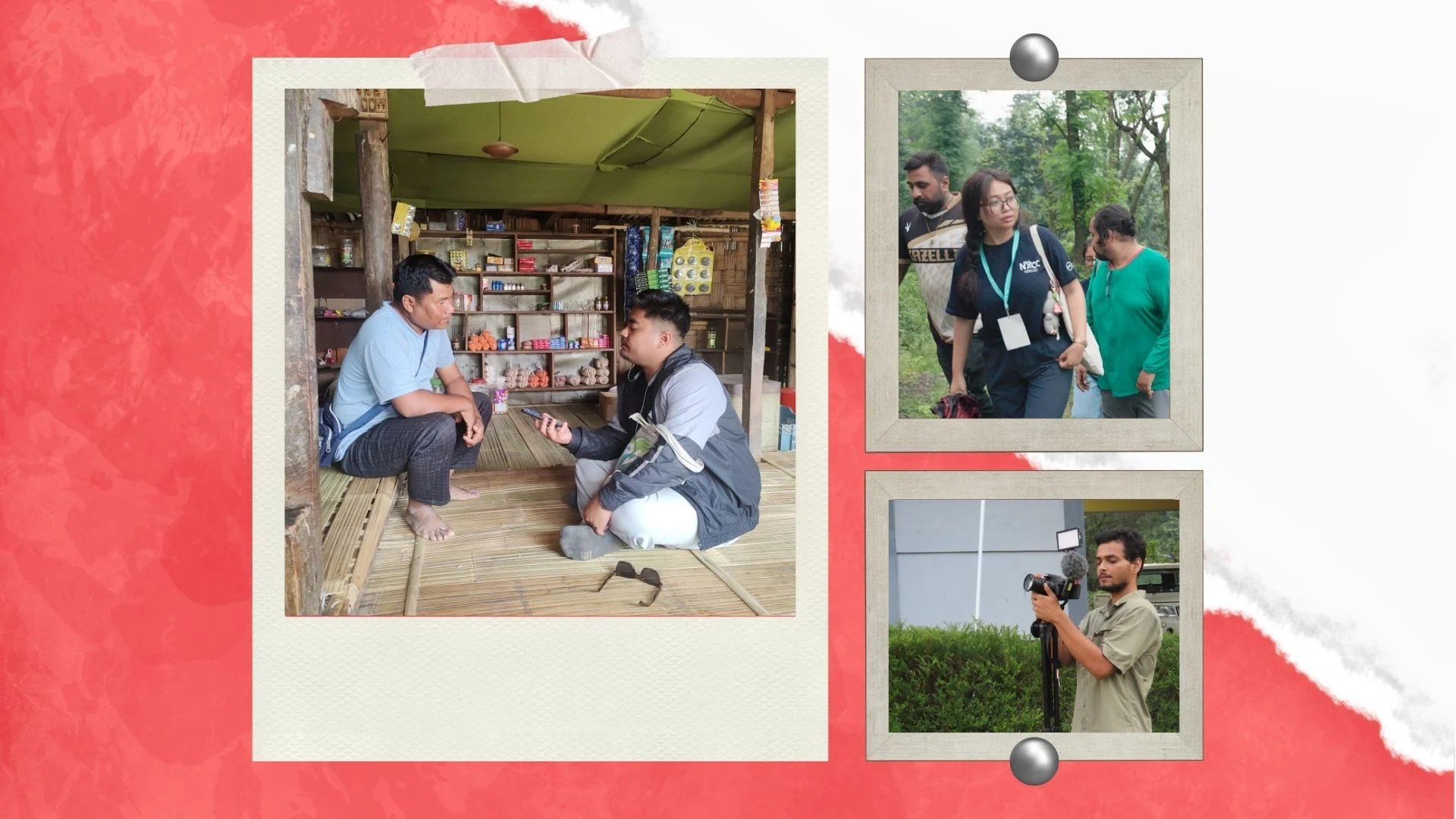A friend of mine was taking up a professorial assignment in one of the new IIMs. He wanted to teach a new course and asked me, “What should I teach?” I replied, “Teach your students backbone management. Teach them how to say ‘No’ to their bosses.” He asked, “How do I teach them that?” I said, “Begin with giving them a copy of Tagore’s poem, ‘Where the mind is without fear’. Ask them to memorise it and remind themselves of it each time they are asked to voice their views.”
Climate
Many organisations breed a climate of fear, wherein dissent is viewed as a challenge to authority. Supervision is about power. Power can be wielded to control others and create a sense of dependency. Power can also be wielded to uphold expertise and help followers grow. Willy-nilly, the exercise of power and influence in most organisations boils down to the assertion of authority by virtue of the position that one occupies; the control the supervisor has over rewards and punishment; and the vertical progression of the subordinate in the organisation.
Related article: The leadership crisis
Fear
A senior colleague and I were often called in by a chief executive to help him turn around loss-making companies. Most of these companies were on the verge of closure—they had been making losses for quite a few years, had lost market share, had employees who were demoralised, product quality was poor, and, as you may infer, the outlook was indeed very grim.
Once, I asked the chief executive what, according to him, is the one factor that is vital for a company’s revival. Without any hesitation, he responded, “Do everything you can to eliminate fear from the hearts and minds of the employees.”
Freedom
I have often wondered about how to define freedom in one word. To me that word is ‘no’. I liked to think that this was truly an ‘original revelation—an original idea’. I was pleasantly dismayed when I discovered that Gandhiji had reached the same conclusion a long time ago. In his manuscript, ‘My Theory of Trusteeship’, he exhorts the working class to say ‘no’ when it wants to say ‘no’, so that it can also exercise the choice of saying ‘yes’ when it wants to say ‘yes’.

Do everything you can to eliminate fear from the hearts and minds of the employees. | Picture courtesy: Jcomp for Freepik
‘No’ is an expression of freedom—freedom from the tyranny of having to agree to do something, which one knows deep inside is wrong or incorrect. Acquiescence furthers nobody’s cause—neither the boss’ nor the executive’s. And without freedom, the mind cannot think and act in everybody’s best interest.
What then will make a young man or woman free? Is it education? Is it status or position? Is it power? Unfortunately, despite the best of circumstances one may have grown up in, one seldom develops a backbone—nerve or confidence—to say ‘no’.
The value of dissent
People need to value dissent as not only legitimate but also healthy. The emergence of new ideas is a way of infusing fresh energy into a system. And fresh energy translates into growth and development for all concerned. However, dissent is often seen as oppositional, whereas it could be seen as a ‘different point of view, a different perspective’. Outcomes can be anticipated, not guaranteed. When different points of view have been heard and registered, a holistic decision and approach may emerge.
In the corporate world, when the top boss throws an idea, the group immediately agrees, because they think they will look stupid if they disagrees.
In fact, the way things are in organisations, the opposite—the problem of managing agreement—may be the real problem. Professor Jerry Harvey, in his article ‘The Abilene Paradox’, talks about the perils of reaching an agreement on a course of action that is contrary to the preferences of most of the individuals in the group. He adds, “The inability to manage agreement, not the inability to manage conflict, is the essential symptom that defines organisations caught in the web of the Abilene Paradox.” In the corporate world, when the top boss throws an idea, the group immediately agrees. This is because everyone in the group thinks he will look stupid if he disagrees. The consequence: the subordinates are unlikely to take responsibility for the outcomes, particularly if the outcomes are adverse and at variance with what was expected.
Encouraging dissent and cultivating a backbone
‘No’ here is not meant to be an act of rebellion, although that may well be necessary at times. It is to be able to stand up for what is considered to be true, as opposed to what may be misleading or false.
Related article: Prioritise talent over targets
Unfortunately, our academic institutions of repute no longer seem to inspire its students with thoughts of idealism, or to cultivate the courage to stand up for themselves and assert their position. Manager after manager bows to ‘His Majesty’s Service’. There are exceptions, of course. Is that good enough? Management, without having the spunk to call a spade a spade, is not only doing a disservice to itself but is also leaving behind a generation of bright young minds, who have the potential to make a difference wherever they are, but remain subservient to the pervasive fear of losing their jobs and positions they have struggled so hard to achieve.
At the psychological level, saying ‘no’ to authority figures is regarded as a milestone in the development of independence. The inability to level as an adolescent or a young adult leaves an indelible imprint on a person’s ability to confront authority figures through life. The key word in ‘confront’ is ‘front’, that is ‘to face’. This confrontation is both internal as well as external. People need to face their fears of what authority figures represent for them and, at the same time, face the powers-that-be, assert their own space and freedom, and, thereby, give their best in their field of engagement.
Saying ‘no’ nudges me into taking my own steps and responsibilities rather than following set rules.
Cultivating a backbone entails effort of both the individual and the environment. On the individual front, people may need to take a hard look at what is really at stake. Would they be happier leading a life of subservience or would they rather live a life, both personally and professionally, whereby they can hold their head high and sleep every night with a clear conscience?
Saying ‘no’ allows for crystallisation of thought. When I say ‘no’, I am inclined to inspect what I am saying ‘yes’ to. It nudges me into taking my own steps and responsibilities rather than following set rules.
The immediate environment, bosses in particular, can help in creating a climate where dissent is acknowledged positively, and the group or the organisation also explores what they are saying ‘yes’ to. This is likely not only to open up the exploration of different options, but also encourage the examination of the real purpose or need that is attempted to be pursued. And reaching shared ground and clarity at the level of purposes and needs will contribute a great deal to an organisation’s efficiency, effectiveness, and relevance.





